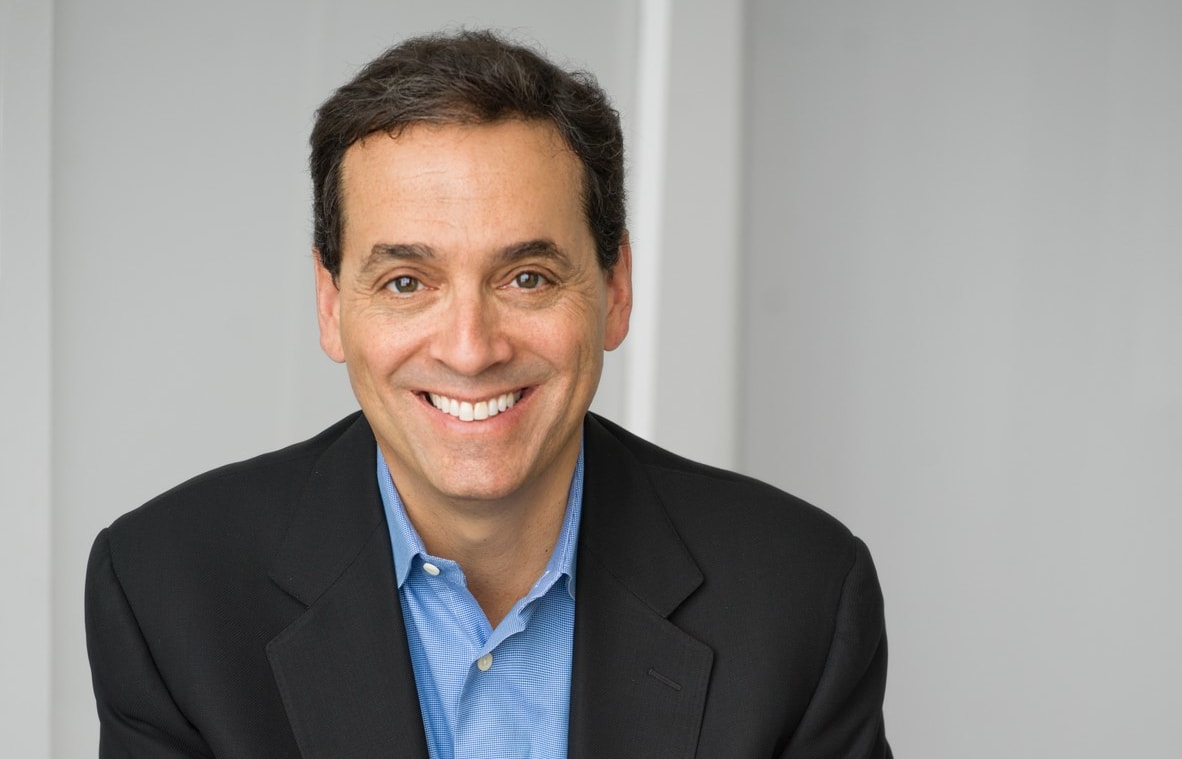There are peak times of the day to take tests, do creative work and have your first cup of coffee, according to author Daniel Pink.

Photo: supplied
Just the effect of time explains 20 percent of the variance in workplace performance and will even make a difference in the outcome of a court case, Pink says.
In his book, When: The Scientific Secrets of Perfect Timing, he describes afternoons as the Bermuda Triangles of our days.
Medical errors are more likely in the afternoon than the morning, and patients are less likely to have a successful colonoscopy.
“You have a four times greater likelihood of having an anasthaesia error at 3pm than you do at 9am.”
Student exams and car accidents follow a similar pattern, he says.
Most people have a pattern of peak, trough and recovery periods during the day, including night owls, though for them the order is reversed.
Analytic work should be done at the peak period, routine work in the trough – often early or mid afternoon - and the recovery period dedicated to creative work or brainstorming.
“If we just move a little bit of the work to the right time of day, we’re not going to turn into superstars overnight, but we’re going to see a boost in how we feel, we’re going to see a boost how much we get done and we’re going to see a boost in the quality in what we get done.”
The best time to exercise depends on the goal; to lose weight, form a new habit and get a mood boost, choose the morning. Late afternoon and early evening are the best times for avoiding injury, because the body is fully warmed up, and to improve your performance.
A job seeker is best to be interviewed first if there are few candidates and last if they’re one of a long list.
The first coffee of the day shouldn’t be immediately you wake up, he says. That will interfere with the stress hormone cortisol as it does its job of waking you up naturally, so have the caffeine hit 75 to 90 minutes later when cortisol levels are sinking.
Adequate breaks are as important as getting enough sleep, Pink says, and have a big effect on the quality of the work done.
“Even short breaks – microbreaks of one or two seconds - are better than not taking a break.”
Social breaks are better than solo breaks “even for introverts”, and it’s restorative to be outside, near greenery.
“Most importantly, fully detached breaks are better than semi-detached.
“You really want to detach from work, leave your phone behind.
“The idea would be a 10 or 15 minute walk break, outside, with someone you like, talking about something other than work.”

